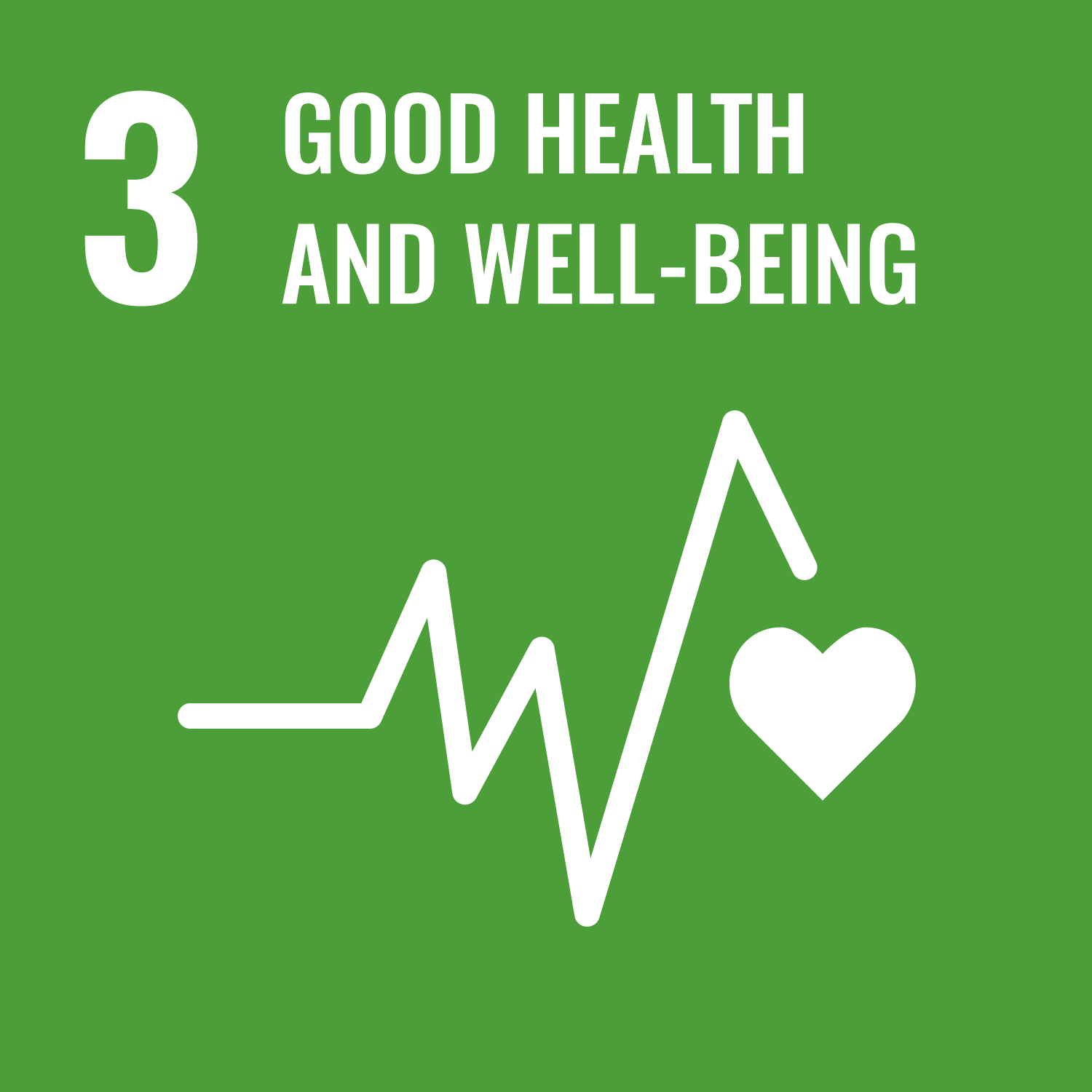SDG Detail
F&ES 975 Environmental Justice: Research & Practice at the Intersection of Civil Rights & the Environment
Postgraduate courseProject description
Students in the spring 2020 Environmental Justice Capstone have the opportunity to apply theory, knowledge, and skills to real-world experience working on projects to address inequality and race discrimination in the distribution of health hazards as well as procedural inequities experienced by communities as they try to assert their own vision for the future of their neighborhoods, towns, and cities. Students have previously worked on projects that included: drafting federal legislation in consultation with community and advocacy groups across the country that would place a moratorium on concentrated animal-feeding operations and enact other measures to limit their impacts; research and drafting public comments to be filed on behalf of environmental justice organizations regarding recently proposed changes to NEPA; research and analysis of the impacts of a landfill in a historically black community in Alabama, analyzing landfill permit variances and assessing the relationship between race and landfill locations in Alabama. Projects in the spring may include an assessment of whether a state environmental department�s response to complaints about environmental hazards varies with race; investigation into the validity of �confidential business information� claims shielding information about toxic chemicals from the public; and/or comments on rule making at the federal level that may threaten the confidentiality of data on community members engaged in community-based participatory research. The term begins with a �bootcamp� intended to provide an orientation on key substantive information and the work of the capstone. Students then participate in a weekly seminar intended to explore issues raised by the application of knowledge, skills, and approaches to the environmental justice context, including both substantive issues of environmental and civil rights law and policy, as well as questions related to practice, including ethical and social dimensions of providing technical assistance in this context. In addition to class meetings and preparation, students must complete project work. They are also expected to participate in team meetings. While there is no prerequisite for the capstone, participants should have a strong interest in working on behalf of environmentally overburdened communities�often communities of color and low-income communities. To apply, send a c.v. and short statement of interest (under a page please) to marianne.engelman-lado@yale.edu by December 1. Applications will be accepted on a rolling basis. Second-year students will be given priority, but first-year students are encouraged to apply. Enrollment limited to twelve.
Project aims
?
Project outcome
?
Related SDGs
The corresponding sustainable development goals correlated with this project. You you click the icon to link to SDG category description page.










